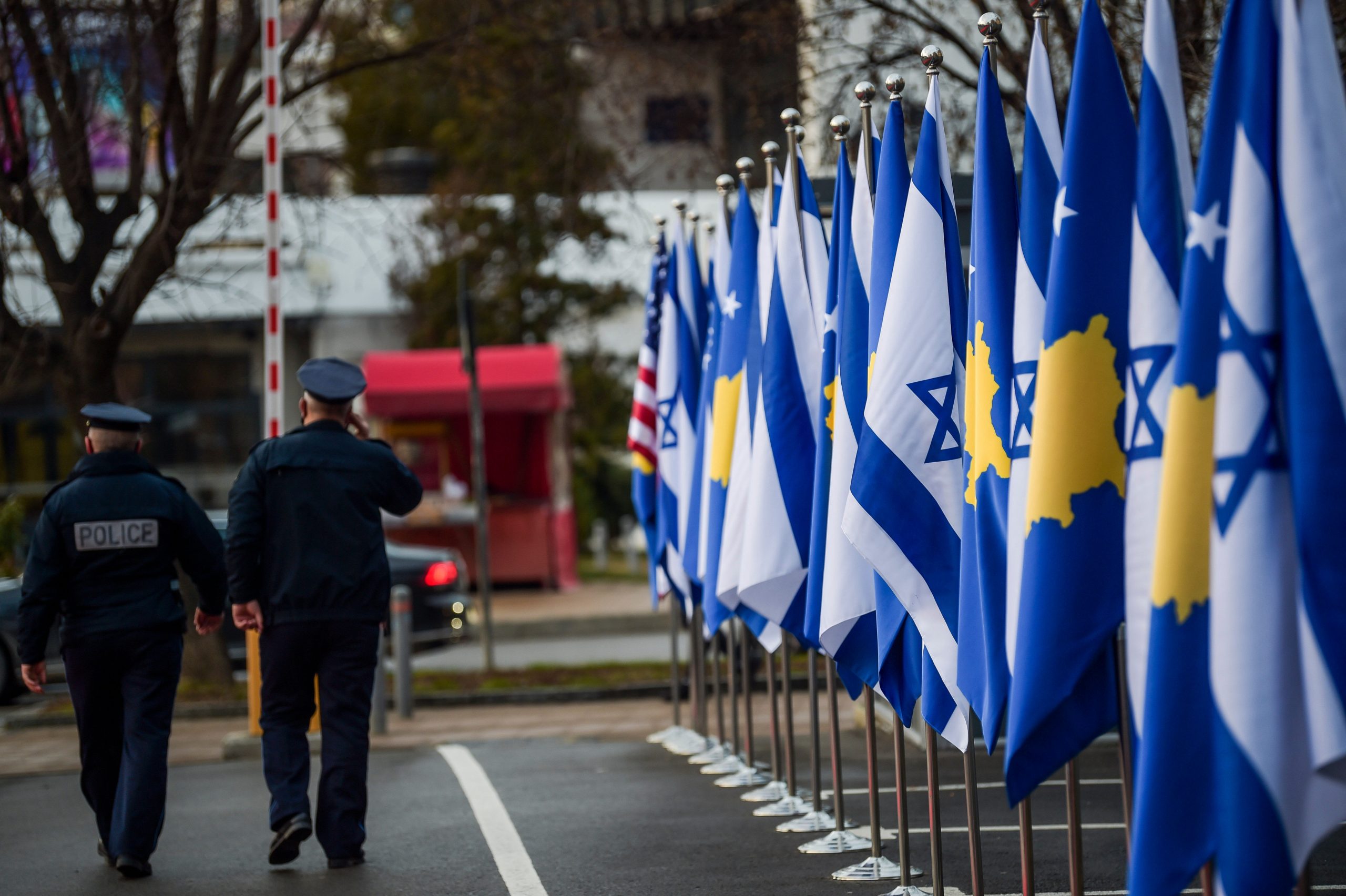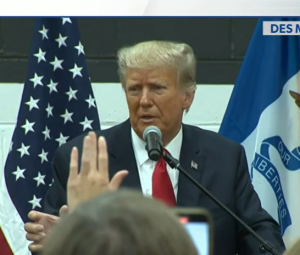Israel and Kosovo established diplomatic ties on Monday, with the Muslim-majority territory recognising Jerusalem as the Jewish state’s capital, putting it at odds with the rest of the Islamic world.
In exchange for setting up its mission in Jerusalem, Kosovo gets recognition from Israel, as it seeks to further legitimise its 2008 declaration of independence from its former war foe Serbia.
Officials signed joint declarations separately in Jerusalem and Pristina, due to coronavirus restrictions.
Israel’s Foreign Minister Gabi Ashkenazi said the ceremony marked “the first time in history that diplomatic relationships are being established over Zoom”.
Also read: Thousands of Jews flout COVID-19 protocols to attend rabbi’s funeral in Jerusalem
He added he had approved Kosovo’s “formal request to open an embassy in Jerusalem”.
Kosovo’s prime minister Avdullah Hoti said that the agreement means Pristina is “further consolidated in the international arena and with friends in the Middle East.”
The territory’s top diplomat, Meliza Haradinaj-Stublla, thanked Israel for becoming the 117th country to recognise its independence, joining much of the Western world.
China, Russia and five European Union members have not granted recognition to Kosovo.
“Kosovo has waited for a very long time to establish diplomatic relations with Israel,” Haradinaj-Stublla said.
“We mark a new chapter in the historical bond between our two countries who have witnessed a long and challenging path to existing as a people and to becoming states,” she added.
The US administration on Monday applauded the agreement between Israel and Pristina as a “historic day” that would benefit all regions involved.
“When our partners are united, the United States is stronger. Deeper international ties help further peace and stability in the Balkans and Middle East,” State Department spokesman Ned Price wrote on Twitter.
Haradinaj-Stublla also thanked former US president Donald Trump, who announced in December 2017 that Washington would move its embassy in Israel from Tel Aviv to Jerusalem, a US policy reversal that remains at odds with the position of other world powers.
Trump’s successor, President Joe Biden, has said he does not intend to overturn that controversial relocation, which was carried out in May 2018.
But Biden’s presidential campaign indicated his administration would seek to reopen a mission in east Jerusalem to engage the Palestinians, who consider the eastern part of the city as the capital of their future state.
Israel has since August normalised ties with four Arab nations under a series of deals brokered by Trump, collectively known as the Abraham Accords.
Also read: Amid ongoing dispute, Israel agrees to supply 5,000 COVID-19 vaccine doses to Palestinians
But the majority-Muslim parties to those accords — the United Arab Emirates, Bahrain, Morocco and Sudan — have all said their diplomatic missions will be in Tel Aviv, in line with a global consensus against recognising Jerusalem as Israel’s capital until the Palestinian conflict is resolved.
In September, Trump announced at a summit — originally organised to strike a deal between Kosovo and Serbia — that Kosovo and the Jewish state would establish diplomatic ties.







